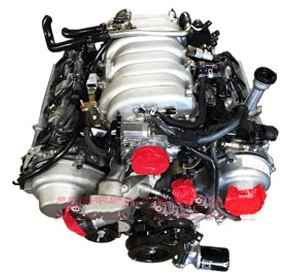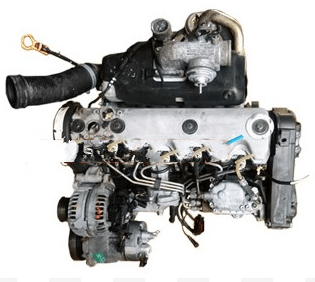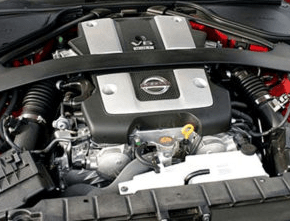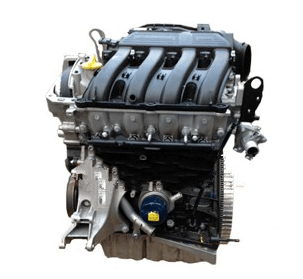Toyota 3UZ-FE 4.3L Engine Specs, Problems, Reliability
Toyota 3UZ FE 4.3L Engine Specs, Problems, Reliability : Toyota 3UZ FE 4.3L Engine Specs
Toyota 3UZ-FE 4.3L Engine Specs, Problems, Reliability. The 3UZ-FE engine was first introduced in 2000 and was a result of the advancement of the 4.0-liter 1UZ-FE engine. The 3UZ grown in displacement approximately 4.3 liters and it was packed with all present Toyota's electronic devices and systems, the like in late 1UZ engines with VVTi.
The 3UZ-FE has aluminum cylinder block with increased bore measure to 91.0 mm while the stroke wasn't changed (82.5 mm). The brand-new block had exact same 90 degrees 'V' angle, 21 mm cylinder bank offset, and 105.5 mm bore pitch. The new cast-iron cylinder liners are thinner by 0.5 mm (1.5 mm instead of 2 mm). The thinner sleeves/liners are lighter, provide better cooling, however at the same time losing strength. For enhancing rigidity, the thickness of the cylinder walls was increased by 1 mm (from 5.5 mm to 6.5 mm).
Here is imperative notification on Engine, Toyota, 3uz, 3uz fe, 4.3 V8 engine, issues, lexus 4.3l engine, oil, power, problem, problems, reliability, specs, Toyota 3UZ-FE 4.3L Engine, Toyota 3UZ-FE 4.3L Engine problems, Toyota 3UZ-FE 4.3L Engine reliability, Toyota 3UZ-FE 4.3L Engine specs. We have the greatest method for Engine, Toyota, 3uz, 3uz fe, 4.3 V8 engine, issues, lexus 4.3l engine, oil, power, problem, problems, reliability, specs, Toyota 3UZ-FE 4.3L Engine, Toyota 3UZ-FE 4.3L Engine problems, Toyota 3UZ-FE 4.3L Engine reliability, Toyota 3UZ-FE 4.3L Engine specs. Check it out for yourself! You can get Toyota 3UZ FE 4.3L Engine Specs guide and view the latest Toyota 3UZ FE 4.3L Engine Specs, Problems, Reliability.
| Title | Toyota 3UZ FE 4.3L Engine Specs |
|---|---|
| Format | PNG |
| Width | 298px |
| Height | 278px |
| URL | https://uscarsnew.com/wp-content/uploads/Toyota-3UZ-FE-4.3L-Engine-Specs.png |
| Published Date | October 11, 2021 |
| Latest Updated Date | October 11, 2021 |
| Uploaded By | Karen R. Russell |
Back To Toyota 3UZ FE 4.3L Engine Specs, Problems, Reliability




